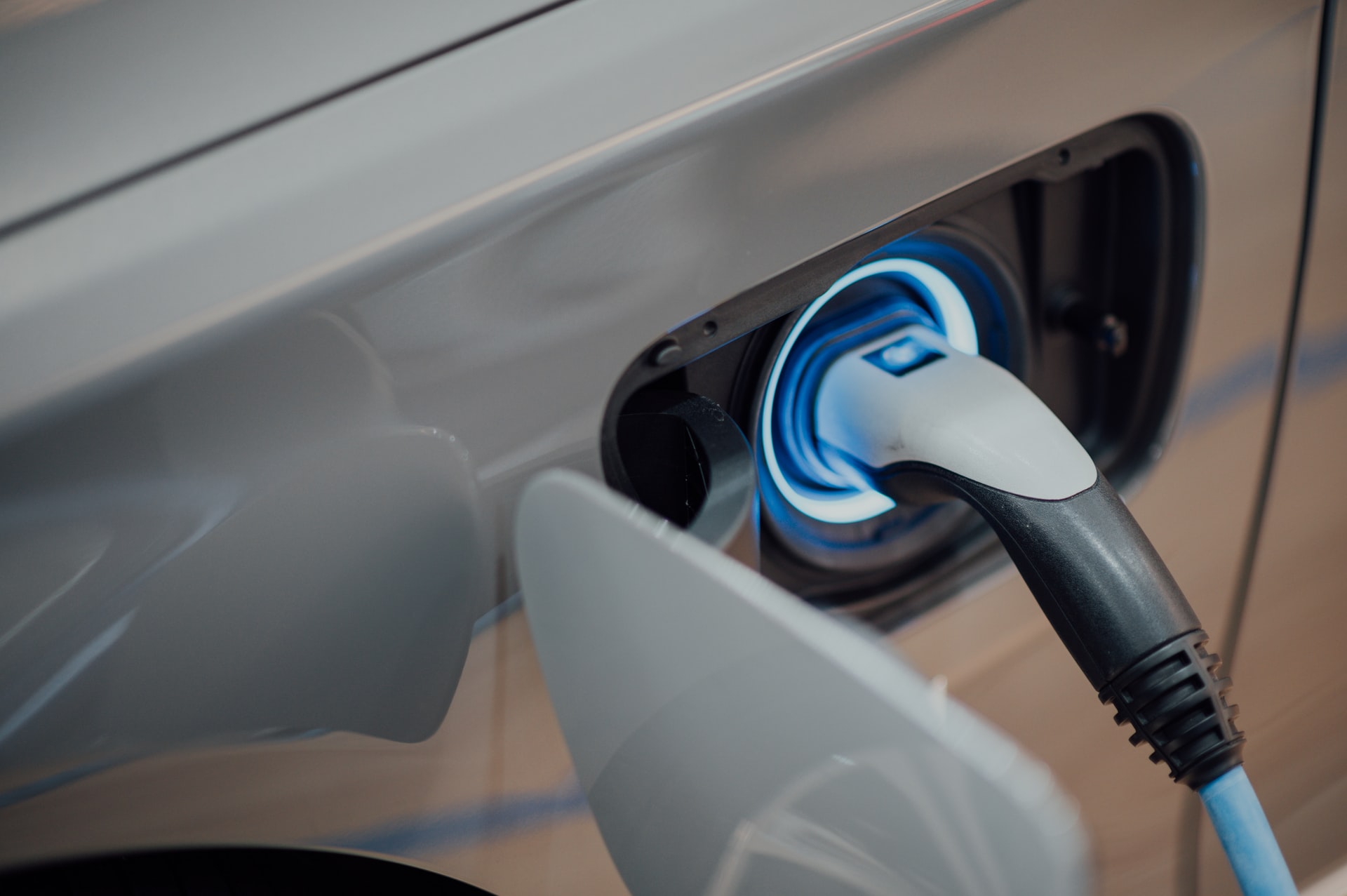This week, the European Union will almost certainly impose tariffs on electric vehicles (EVs) imported from China amid concerns that Chinese EVs are being sold at artificially low prices due to government subsidies that give them an unfair advantage over European manufacturers.
Chinese EVs have become increasingly popular across the EU as well as in Malta, where new brands like MG and BYD have become a common site.
Additionally, brands like Volvo, BMW and even Tesla are increasingly being produced in China, making the models produced in the country also subject to tariffs.
“The European automakers have been lobbying for this since it created unfair competition for Europe-based brands,” says Luke Zammit, founder and moderator of the Electric Vehicles Malta Community.
A 2023 report by Swiss bank UBS found that BYD could produce cars for 25 per cent less cost than the best rival among legacy brands. One of the main reasons, critics say, is that China extends generous state subsidies for every EV produced as part of its ‘Made in China 2025’ strategy, which saw it encourage domestic auto and battery industries.
In October, the European Commission launched an investigation into the importation of electric vehicles from China, citing fears that the “surge in low-priced and subsidised imports … posed an economic threat to the EU’s electrical car industry.”
European Commission President Ursula von der Leyen said at the time: “Wherever we find evidence that [EU car manufacturers’] efforts are being impeded by market distortions and unfair competition, we will act decisively. And we will do this in full respect of our EU and international obligations – because Europe plays by the rules, within its borders and globally.”
Last month, US President Joe Biden announced a steep hike in tariffs on Chinese EV imports, from 25 per cent to 100 per cent. However, with sales of Chinese EVs in the US already negligible, the move was seen as largely symbolic, in a bid to appear strong ahead of a crucial election in November.
The duties set to be imposed by the EU will certainly be lower. Analysts expect that the current 10 per cent rate will increase to between 20 and 25 per cent, although there is a low chance it could even increase to as much as 50 per cent.
For BYD’s Malta agent GasanZammit Motors CEO Stefan Deguara, the move “could increase costs for European consumers.”
He adds that increased costs would likely slow the adoption rate of affordable EVs, “which could slow the transition to greener technologies and result in a number of EU countries missing electrification targets,” highlighting how China plays a significant role in meeting the growing global demand for electric vehicles.
Over the medium term, however, the EU market is likely to prove too attractive to ignore for these brands, leading them to set up factories within the EU itself.
In December, BYD announced that it would be the first Chinese automaker to open a factory in Europe, in a site in Hungary, while Volvo is fast tracking plans to shift production to Belgium.
Two years since its birth, Moneybase features on Microsoft’s Customer Stories
Moneybase has now just been featured on Microsoft’s latest Customer Stories
Finance Minister confirms continuity of food and energy subsidies
Spending on food and energy subsidies as a percentage of the GDP will be at 0.7% in 2025
MHRA congratulates Glenn Micallef on EU role, highlights positive impact on Malta’s tourism and cultural sectors
The lobby group emphasised that Malta’s cultural assets and sports scene are key factors in attracting visitors and fostering economic ...






